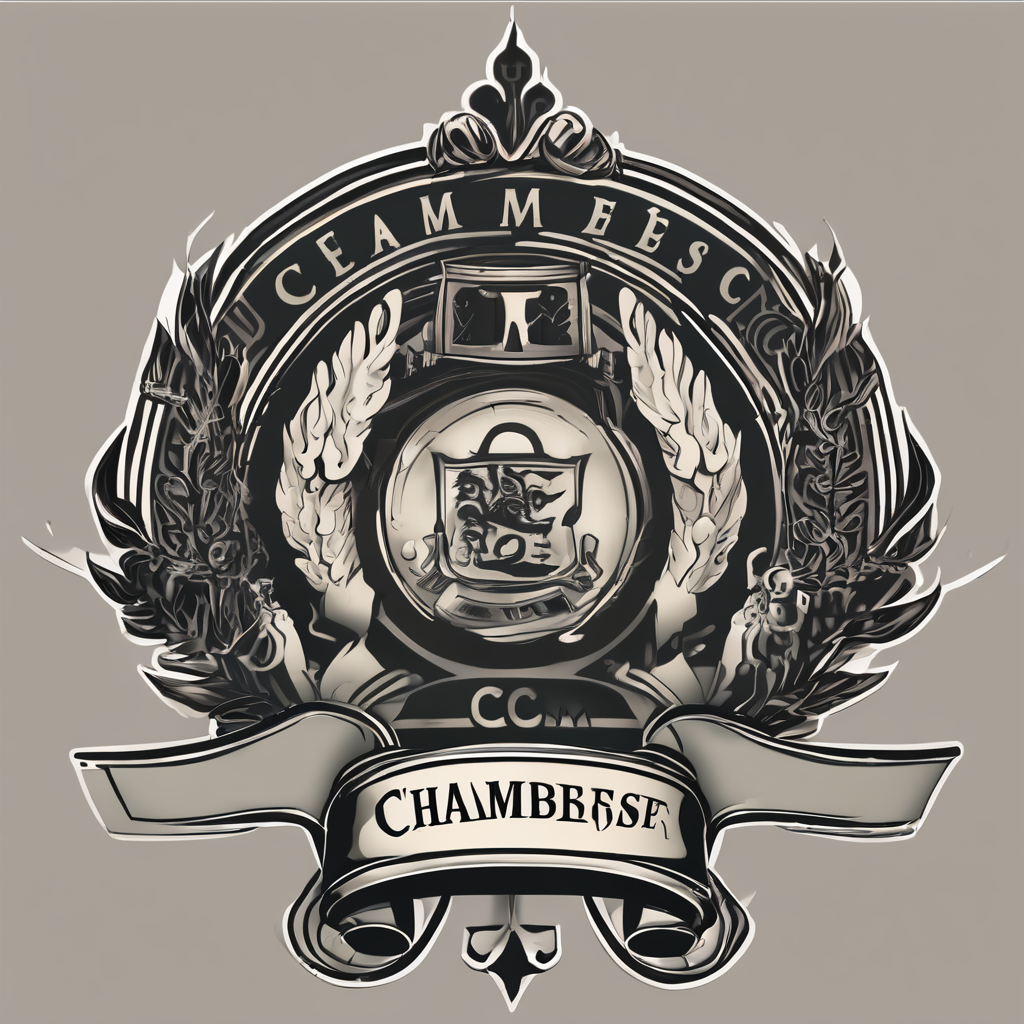Essential Tips for Customs Compliance When Trading Through Calais
When navigating the complex world of international trade, especially through a critical border like Calais, understanding and complying with customs regulations is crucial. Here’s a comprehensive guide to help you ensure smooth and compliant trade operations.
Understanding the Context: Calais and International Trade
Calais, a key border point between France and the UK, has become even more critical since the Brexit agreement. For businesses involved in import and export operations, it is essential to be aware of the current landscape. As noted by the Calais Chamber of Commerce, the region is a vital hub for trade between the EU and the UK.
Also to discover : Essential tips for effective art packaging and safe transport
Preparing for Customs Compliance
EORI Number and Business Registration
Before you start moving goods, you need to ensure your business is properly registered. An Economic Operator Registration and Identification (EORI) number is mandatory for all businesses involved in cross-border trade. This number is used to identify your business in customs declarations and other official documents.
Customs Declarations and Documentation
Accurate and complete customs declarations are the backbone of compliant trade. Here are some key documents you will need:
Also to discover : How to Optimize the Supply Chain for UK Food and Beverage Companies?
- Commercial Invoice: A detailed invoice that includes the description, quantity, and value of the goods.
- Bill of Lading: A document issued by the carrier that details the shipment.
- Certificate of Origin: This certifies the country of origin for the goods.
- Export Declaration: Required for goods leaving the EU, this declaration must be submitted to the customs authorities.
- Commercial Invoice: Includes description, quantity, and value of goods.
- Bill of Lading: Details the shipment issued by the carrier.
- Certificate of Origin: Certifies the country of origin for the goods.
- Export Declaration: Required for goods leaving the EU, submitted to customs authorities.
Navigating Customs Procedures
Customs Clearance and Border Facilities
Customs clearance is a critical step in the trade process. Here are some tips to ensure smooth clearance:
- Use Authorized Economic Operator (AEO) Status: If your business has AEO status, it can simplify and speed up customs procedures.
- Leverage Border Facilities: Calais has several border facilities designed to streamline the customs process. Understanding these facilities can help reduce delays.
Facility
Description
Calais Border Control Post
Handles customs clearance for goods entering and leaving the EU.
Inland Border Facility
Allows for customs procedures to be completed away from the physical border, reducing congestion.
Safety and Security
Ensuring the safety and security of goods is a shared responsibility between businesses and customs authorities. Here are some key considerations:
- Inventory Linked to Customs Declarations: Ensure your inventory is accurately linked to your customs declarations to avoid discrepancies.
- Secure Transportation: Use secure and authorized transportation methods to prevent theft or tampering.
- Inventory Accuracy: Ensure inventory matches customs declarations.
- Secure Transportation: Use authorized and secure transportation methods.
Managing VAT and Duties
VAT and Duty Payments
Understanding VAT (Value Added Tax) and duty payments is crucial for compliant trade. Here are some key points:
- VAT on Imports: Goods imported into the EU may be subject to VAT, which must be paid at the time of import.
- Duty Payments: Depending on the type of goods and the country of origin, duties may apply. These must be paid at the time of import.
Country
VAT Rate
Duty Rate
France
20% (standard rate)
Varies by product category
UK
20% (standard rate)
Varies by product category
Special Considerations Post-Brexit
Brexit and Northern Ireland
The Brexit agreement has introduced new complexities, especially regarding trade with Northern Ireland. Here are some key points to consider:
- Northern Ireland Protocol: Goods moving between the EU and Northern Ireland are subject to specific rules to avoid a hard border on the island of Ireland.
- Customs Declarations for Northern Ireland: Special customs declarations may be required for goods moving to or from Northern Ireland.
- Northern Ireland Protocol: Avoids a hard border on the island of Ireland.
- Customs Declarations: Special declarations may be required for goods moving to or from Northern Ireland.
Practical Tips for Logistics and Freight
Road Freight and Transit Movements
For businesses involved in road freight, here are some practical tips:
- Use TMS (Transport Management System): A TMS can help optimize transit movements and ensure compliance with customs regulations.
- Plan for Transit Times: Understand the transit times and plan accordingly to avoid delays.
- Use TMS: Optimize transit movements and ensure compliance.
- Plan Transit Times: Understand and plan for transit times to avoid delays.
Ensuring customs compliance when trading through Calais is a multifaceted task that requires careful planning, accurate documentation, and a deep understanding of the regulations. By following these tips and staying informed about the latest developments in international trade, you can navigate the complexities of customs compliance with confidence.
For more detailed information and resources, you can consult the Calais Chamber of Commerce or the official French Customs website.






